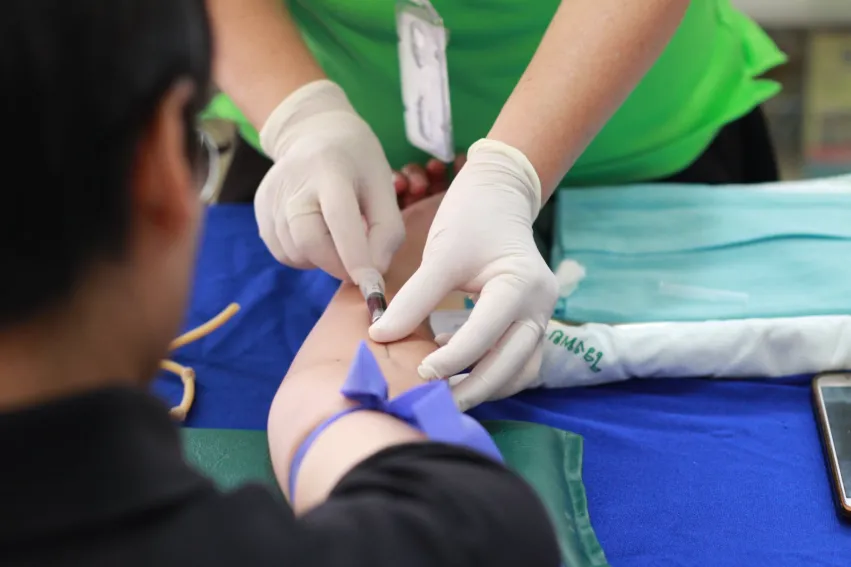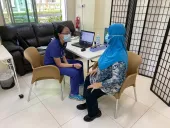
APAC’s hospitals brace for patient backlogs
Australia faced higher wait times to between 240-365 days for elective surgeries.
Hospitals across Asia Pacific have expressed plans to cope with the backlog of deferred procedures, following a downturn in elective surgeries and patient consultations for the past year resulting from the pandemic, according to a report from L.E.K. Consulting.
In Australia, for example, the return of patients to hospitals has caused higher wait times to between 240 and 365 days for nonurgent elective surgeries.
Hospitals have been looking to their business partners to help with these types of challenges: a third of respondents ranked improving efficiency as one of the top three areas for which they are looking to medtech companies for help.
“This is in line with overall priorities, as 52% of hospitals indicated improving labor efficiency to be a top 5 priority. Hospitals have also indicated the increased use of digital solutions, which is covered in the next section,” the report stated.
The pandemic-driven downturn in elective surgeries and patient consultations has affected hospital revenues, and there are still uncertainties surrounding patient volumes in the future, as hospitals are unable to predict possible future surges that may cause a change of operational posture and priorities.
“As a consequence, this year also saw a reduction in planned capital expenditure for medical devices and equipment, especially for diagnostic imaging equipment, and to a lesser extent clinical support appliances,” the report added.
Compared with the report’s survey from last year, fewer hospitals expect an increase in capital expenditure over the next three years. However, this is not true across all medical device categories, as nearly seven out of 10 of those surveyed are looking to spend more on medical consumables, up from five out of 10 in the previous year.
The top three strategic priorities amongst hospitals in Asia Pacific are emergency preparedness, recovering from the financial impact of COVID-19 and improving healthcare worker safety. In particular, emergency preparedness remains a crucial, ongoing priority.
“Despite being able to control the spread of the pandemic initially, many countries have still been hit with subsequent waves that are proving harder to control,” the report added.
Further, hospital spending over the next three years is expected to decrease: the share of hospitals planning to increase spending fell from 30%-40% to 15%-25%. Although most hospitals in the region are showing more conservative planned spending compared to last year, Australia and China indicated planned spending sentiment similar to that of the previous year.
“On average, about 40% of hospitals in both countries intend to increase spending across all categories. Pandemic response aside, governments in the region have been trying to rein in healthcare costs. A specific example, which is explored in the feature box on page 5, is drug cost management policies in China and Japan,” the report added.













 Advertise
Advertise













